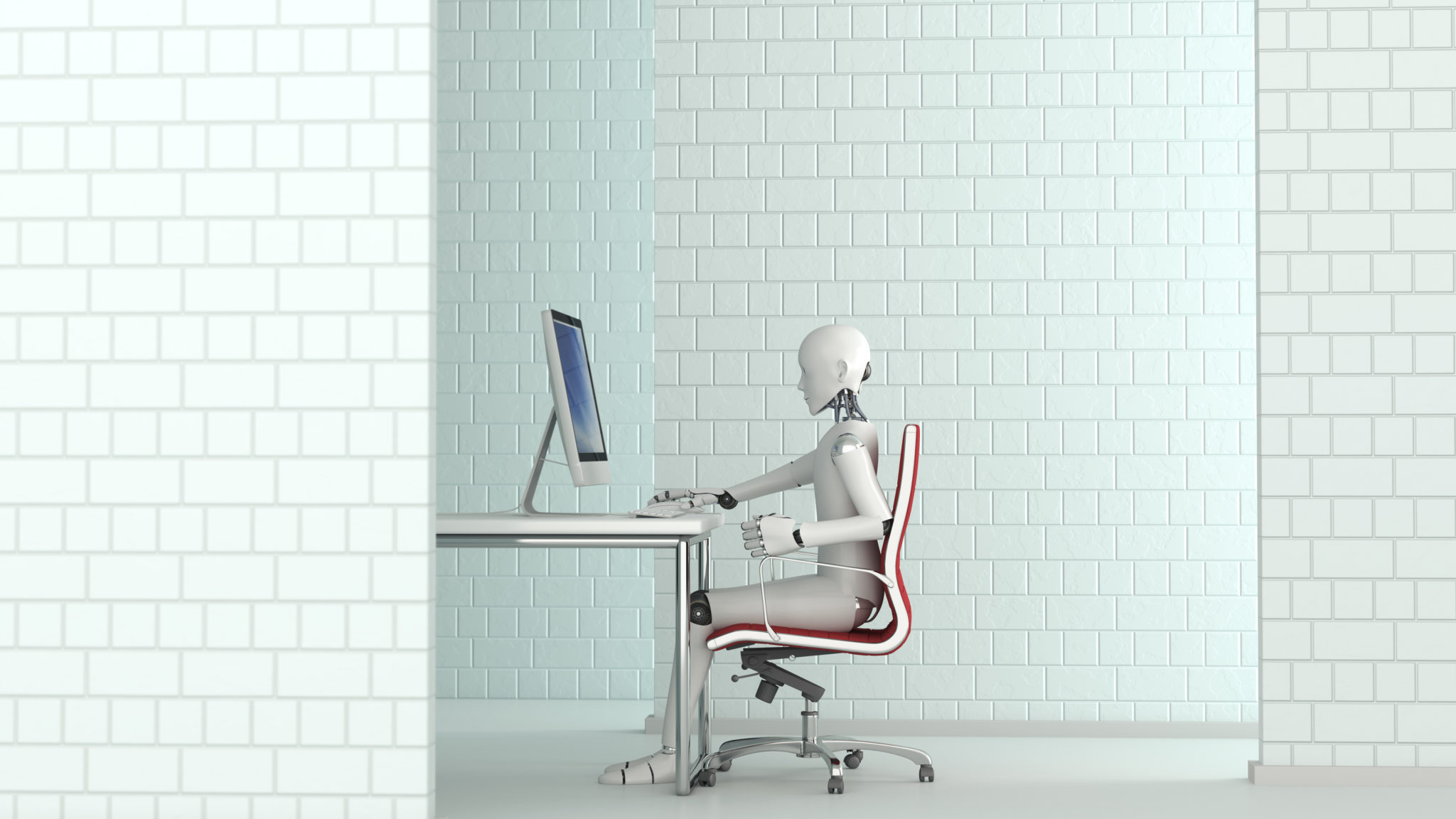Five years ago, I couldn’t imagine asking boards and business leaders whether robots would one day run their companies.
However, the massive increase in awareness of the potential of large language models is forcing executives to explore how to use robots and artificial intelligence in day-to-day decision-making.
In fact, the rise of executive robots has already started.
For example, in May 2023, Forbes reported that Dictador, a progressive premium brand rum distiller, had appointed an AI CEO called Mika.
It is gimmicky for sure, as humans are still very much controlling her AI strings, but as Mika reportedly said in an interview with Reuters, “My decision-making process relies on extensive data analysis and aligning with the company’s strategic objectives.” She went on to explain how she was devoid of personal bias, which helps ensure that strategic choices are prioritized in line with the organization’s best interests, not hers.
Loading...
This sounds amazing. So, is Mika the forerunner of the mass adoption of AI for corporate governance and leadership roles?
For once, the likely answer is yes, absolutely.
For starters, the demand for a solution like this is apparent.
Humans regularly make bad decisions, and more often than not, this leads to someone losing a lot of money.
Why, for example, did OpenAI’s board sack Sam Altmann (before he returned as CEO in November last year)?
What led Elon Musk to rebrand Twitter to X?
And why didn’t Silicon Valley Bank diversify its risk away from startups?
Decisions like these wipe out trillions of dollars of value every single year. And these three examples are just the tip of the iceberg.
Further, those impacted aren’t just the super-wealthy. Often, it’s the poorest who see their life savings and pensions hit hardest.
All of which means there is a huge interest from everyone, from governments to investors, to find ways to improve decision- making and corporate governance.
We already spend billions of dollars for consultants and business schools to develop leaders and models to help companies maximize profits while minimizing risks.
But these billions will quickly switch to AI alternatives if there is even the smallest of probabilities that technology will help improve a stock’s potential returns.
So, the demand is there.
But how long will we have to wait for the likes of the already hugely-impressive ChatGPT to offer intelligence that can not only answer questions in narrow fields but actually analyze data from multiple sources, draw inferences, consider interdependencies, develop execution plans, draw up funding requirements, consider resource allocations, raise funding and build support along with all the other tasks and activities that are required in any modern-day business?
Mustafa Suleyman, founder of DeepMind and Inflection.AI, explores this question in his recent bestseller, The Coming Wave.
Specifically, he asks how long it will be before machines answer and act on prompts such as “Please design and execute a strategy that will allow me to make $1mill on Amazon in as few months as possible with just $100K of investment.”
His conclusion? “Aside from the legal requirements of registering as a business on the marketplace and getting a bank account, all of this seems to me eminently doable. I think it will be done within the next year and probably fully autonomously within three to five.”
When an industry insider as respected as Suleyman makes a comment like this, we should sit up and listen.
And it makes absolute sense when you consider that a potent combination of factors is driving development in AI. Breakthroughs in machine learning algorithms, dramatic increases in computing power, the abundance of extensive data sets, advancements in cloud computing, enhanced global connectivity, escalating demand across industries and the democratization of access through open-source initiatives are just some of the factors propelling it at exponential rates.
And, of course, the biggest factor of all is perhaps the simple fact that we are now using AI to build AI, as more and more code is being written by machines, not developers. So perhaps the real question isn’t whether or even when robots will run companies. Shareholders and boards might do better considering what types of leaders they need to employ to manage the transition from human to augmented to algorithmic leadership. This is not an easy question to answer. There is no template for designing leadership systems for robots. Perhaps ChatGPT has the answer?
Loading...
